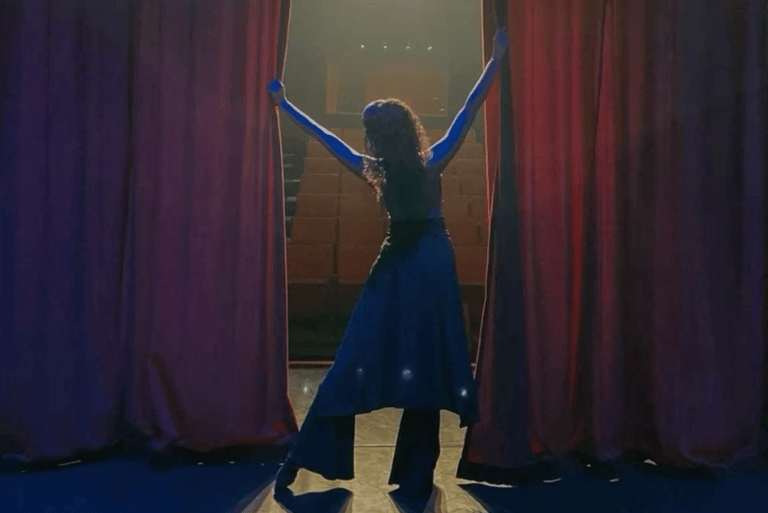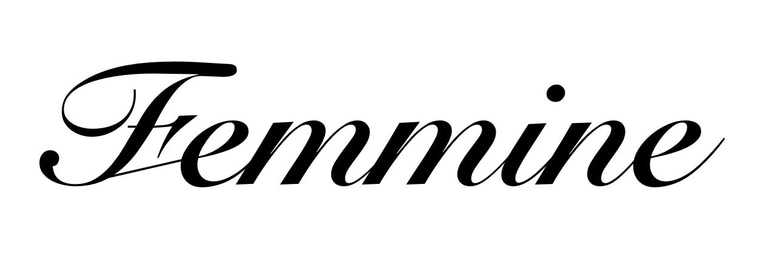Lights, Camera, Acción...
By Khairat Animashaun
LIFESTYLEHOME
Edited by Cece Wilson
9/14/20252 min read
Is it necessary to be a woman to perform?
For over a millennium, women have been asked—no, expected—to perform. Whether it was entertaining guests, presenting an array of beautiful gelatinous dishes in the 1950s, or performing the triple shift of paid work, childcare, and emotional labour. While many women still carry out these acts today, in recent years we have been asked to perform in other ways—specifically on social media—where both sexes are subjected to performance. However, for women, it is more intensely expected and even encouraged.
As the internet fawns over the next conventionally attractive man, who stares blankly into the camera while lip-syncing to an underground song many knew before he did, we shower him with likes, adoring comments, and even go so far as to berate his girlfriend, wishing we were in her place. Women, on the other hand, are expected to lead the charge in the latest dance, fashion, and beauty trends—all while remaining pleasant in the comments section and composed during live streams. They become fixed beneath the scrutinising gaze of both male and female viewers, waiting for them to slip up or deliver a tell-all apology video, pleading for forgiveness and continued patronage.
Social media has created a constant surveillance culture that demands performance in exchange for relevance and potential financial stability. Increasingly, young girls and women dream of becoming influencers and content creators, seeing it as a golden ticket to security and social freedom—without fully understanding the cost: constant performance, public scrutiny, and relentless observation.
As viewers, we are transported to the Ancien Régime of France, watching influencers get ready on live streams in satin pyjamas with nowhere to go, telling us to “eat cake” while showcasing the latest lip oil to hit the market. We watch with equal parts awe and disdain, condemning their excess and perceived ignorance—yet secretly wishing we could live as they do. We follow them loyally, both as admirers and critics, waiting for the next performance.
As an avid social media user myself, I can acknowledge that social media has benefited women just as much as it has contributed to our disillusionment. It has become a sanctuary for many—a space for creativity, self-expression, and community that they might not otherwise have found. It offers education, affirmation, and friendship. But these things shouldn’t be confined to the digital world. They should exist in real life too—so that we can evolve, liberated from the need to perform.
Only when we realise that social media is an entirely different cosmos—one that doesn’t reflect real life, genuine connection, or even true wealth—can we begin to free ourselves from its watchful eye.


For more, explore fashion, travel, and lifestyle insights here.
Subscribe to our newsletter!
info@femmine.co.uk
